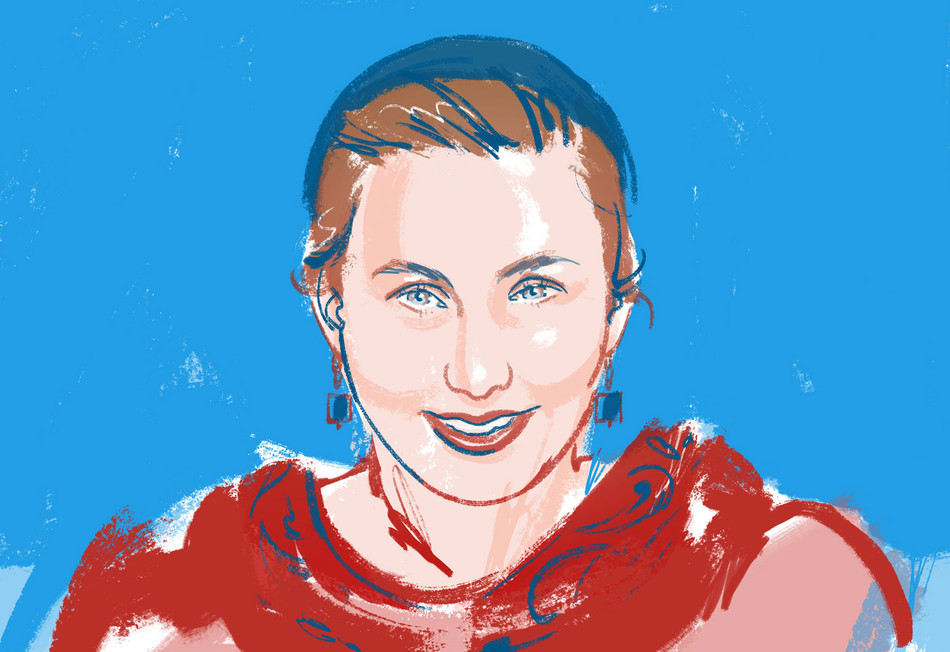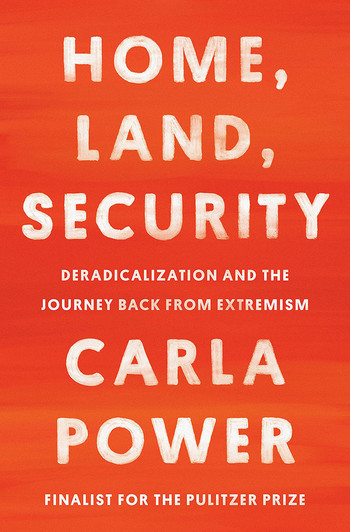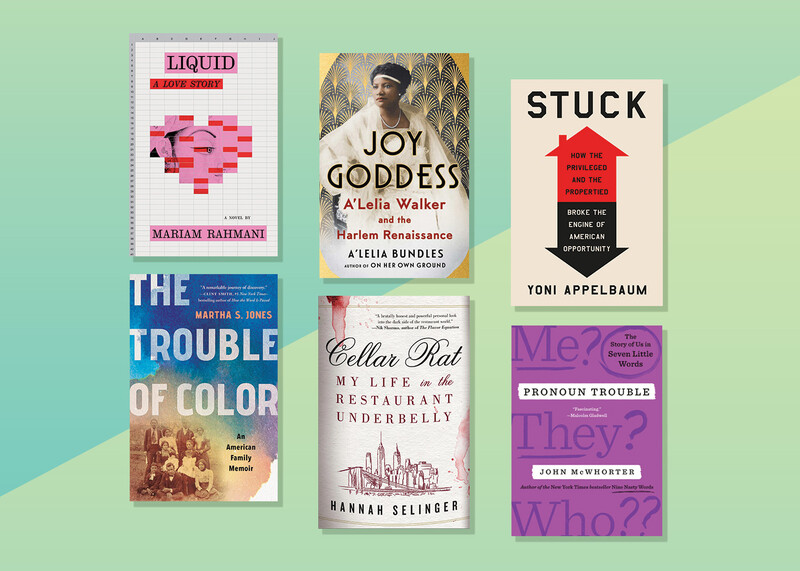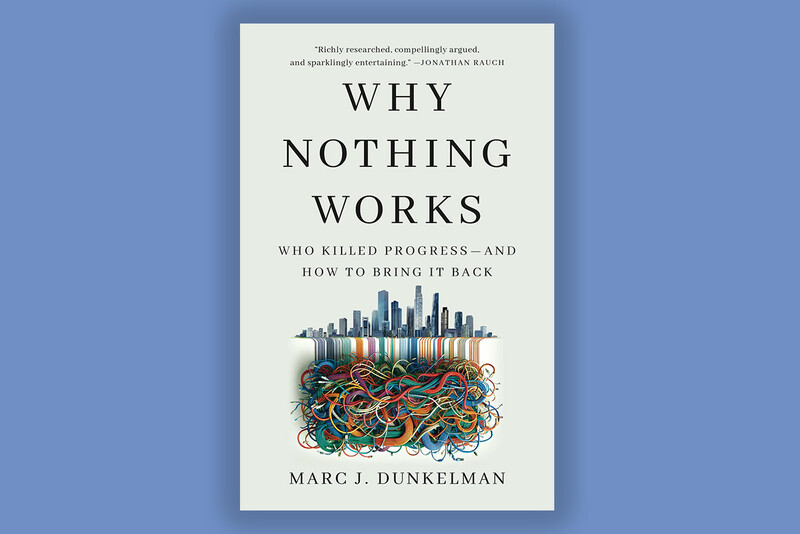The concept of “deradicalizing” an extremist is highly politicized. Why is that?
“Extremist” and “radical” are blanket terms applied to people whose views are outside the mainstream but who may not engage in violent activity. Yet the use of these terms is always subjective. Back in the 1980s, for instance, Osama bin Laden was among the mujahideen fighting the Soviets in Afghanistan. They were praised as “freedom fighters” by Ronald Reagan and supported by American tax dollars. Meanwhile, Nelson Mandela was deemed a terrorist by authorities in South Africa. More recently, China has sent its Uyghur population into camps for “deradicalization,” and the Saudi government has prosecuted the women’s-rights activist Loujain al-Hathloul under its counterterrorism laws. Martin Luther King acknowledged these inconsistencies in his “Letter from Birmingham Jail,” writing that if he was the “extremist” that white moderates in the civil-rights movement accused him of being, then so were Paul and Jesus.
One of your chapters is titled “The World’s Best Deradicalization Program.” What is that program, and why is it so effective?
It’s called Sabaoon, and it’s a boarding school for once-desperate Pakistani boys who were recruited into the Taliban. The boys, who are provided with food, clothing, shelter, and education, are monitored and supported long after they graduate, and receive funds to pursue higher education. The program has been highly successful in settling them back into their communities, where many now thrive as lawyers and doctors, motorcycle mechanics and grocers.
A chapter in Home, Land, Security tells the story of two women who bond over their tragic experiences with terrorism. Can you describe their unlikely alliance?
The friendship between Nicola Benyahia and Figen Murray rejects the dominant us-versus-them narrative around terrorism. Nicola’s eighteen-year-old son, Rasheed, ran away from his home in Birmingham, England, to join the Islamic State and was killed by a drone strike in Raqqa in 2015. Figen’s son, Martyn, was one of twenty-two people killed by a suicide bomber at an Ariana Grande concert in Manchester, England, in 2017. Figen angered many Britons when she went on the BBC after Martyn’s death and forgave her son’s killer. The women became friends after meeting at a conference on counterterrorism. Both were grieving mothers, both children of alcoholics, both counselors by profession. Perhaps more importantly, both were willing to pose hard questions about collective responsibility for the creation of hatred, to puncture the image of the terrorist as a mad or irredeemably evil “other.” When the pair appeared together on a morning talk show, Figen said they’d “lost [their] sons to the same monster.”
Your book identifies American foreign policy as a key force in global recruitment. How would you characterize its role?
It’s huge. When the US supports strongmen who strangle free speech and disregard human rights in the name of “security” or oil, as we have in Saudi Arabia and the shah’s Iran, or when, in the interests of “stability,” we turn a blind eye to official corruption in places like Afghanistan, or when we preach about democracy and then disregard democratically elected Islamist governments, as we have in Egypt — these policies help set the conditions for militant groups to flourish.
You quote a commonly held view that terrorist recruitment will stop when the US and its allies stop invading other countries. Is there any reason to hope that the withdrawal of the American military from Afghanistan will help quell the spread of extremism?
No. From the perspective of Kabul and the big cities, the American departure has been a disaster for women, minorities, LGBTQ people, and anyone working with or for Western institutions. In those places, the Taliban seem just as extreme as they were in the 1990s. But we do have to ask ourselves: what other kinds of “extremism” and brutality did we overlook while we were busy hunting Talibs? What conditions produced their easy victory? In some cases, the US government propped up warlords and known pedophiles, tolerating their crimes because they agreed to help fight the Taliban. In others, US drone strikes killed civilians. Is it really a surprise that Afghan villagers would then turn to the Taliban to dispense justice and keep them safe?




